Saudi Arabia 2034 FIFA World Cup: A strategic economic opportunity
- Update Time : Tuesday, April 29, 2025

Saudi Arabia’s successful bid to host the FIFA World Cup in 2034 marks a significant milestone in the Kingdom’s broader Vision 2030 strategy. Over the past few years, Saudi Arabia has rapidly established itself as one of the world’s premier venues for major sporting events, using sport as a key pillar of economic diversification and social reform. The World Cup is set to be the largest and most symbolic event in this transformation, offering the Kingdom a platform to showcase its cultural depth, administrative capabilities, attractive tax regime, and growing foreign direct investment (FDI) opportunities.
Yet, as the excitement builds, it is crucial to examine the costs and benefits associated with hosting such a massive global event. Early analyses suggest that while the upfront costs will be significant, the potential economic and social benefits could outweigh the investment if managed strategically.
Drawing lessons from Qatar’s 2022 World Cup, Saudi Arabia can anticipate both immediate and long-term economic impacts. Qatar reportedly spent between $200 and $300 billion on infrastructure projects over a decade, while the short-term benefits-primarily visitor spending and broadcasting rights-contributed approximately 1% of its GDP. In pure tourism revenue, Qatar gained between $2.3 billion and $4.1 billion, representing 0.7% to 1.0% of GDP in 2022 alone.
Saudi Arabia, with its larger economy and broader Vision 2030 initiatives already underway, could expect even higher absolute figures. The indirect benefits-such as increased foreign direct investment, higher tourism inflows, and stronger non-oil sector growth-could have a much more profound effect. Qatar’s experience demonstrates that targeted infrastructure investments, beyond the immediate needs of the World Cup, can boost non-hydrocarbon income by as much as 40% over a decade. Saudi Arabia, with its ambitious reform programs, may see even greater multipliers.
Moreover, hosting the tournament will solidify the Kingdom’s growing global influence, demonstrating its capabilities in project management, governance, and large-scale event hosting.
Hosting a World Cup inevitably drives massive infrastructure development. Saudi Arabia plans to build 15 new stadiums or refurbish existing ones across key cities such as Riyadh, Jeddah, Alkhobar, Abha, and NEOM. In Riyadh alone, six of the eight proposed stadiums will be entirely new-a significant undertaking considering that London, a city famous for its sporting facilities, boasts 22 stadiums across its entire urban area.
The new NEOM Stadium promises a futuristic experience, set more than 350 meters above the ground, reinforcing the Kingdom’s commitment to innovation and modernity. Meanwhile, Jeddah will see the construction of three new stadiums and the refurbishment of an existing one. This scale of development is expected to contribute not just to World Cup success but to Saudi Arabia’s long-term strategy of boosting the non-hydrocarbon share of its GDP.
In hospitality, several new hotels will be constructed, including FIFA headquarters hotels in Riyadh’s New Murabba district, luxury accommodations for VIPs in Khobar’s Al-Olaya district, and exclusive venues near Abha. King Salman International Airport in Riyadh is also slated for expansion, aiming to accommodate up to 100 million passengers per year-representing a 170% increase compared to 2023 capacity.
While construction costs will be substantial, the integration of these projects with broader Vision 2030 goals suggests they will not be “white elephant” investments, but crucial infrastructure for the Kingdom’s economic future. The challenge, however, will lie in the maintenance and post-tournament usage of the new facilities to ensure a positive long-term return.
Saudi Arabia’s tourism sector is already experiencing impressive growth. In 2023, it ranked among the fastest-growing countries for international tourist arrivals, according to the UN. Hosting the FIFA World Cup will further boost Saudi Arabia’s image as a desirable travel destination and cultural hub.
Large sporting events tend to increase global visibility, encourage cross-cultural interaction, and drive consumer spending. South Korea’s World Cup in 2002 brought in more than 2 million additional foreign visitors, while Russia in 2018 welcomed 570,000 tourists during the event alone. Qatar saw a remarkable post-tournament boom in tourism, further validating the economic potential.
However, previous tournaments also highlight potential risks. Major events can temporarily divert tourists from traditional hotspots, leading to short-term disruptions. Saudi Arabia will need targeted marketing strategies to promote post-World Cup tourism and ensure that cultural, religious, and adventure tourism sectors continue to flourish.
Smart initiatives-such as tailored experiences for Muslim tourists, leveraging religious tourism around Mecca and Medina-could turn the World Cup into a catalyst for long-term gains across multiple tourism niches.
Job creation is one of the most anticipated benefits of the World Cup. Estimates suggest that World Cup preparations and the tournament itself could create more than 1.5 million new jobs in Saudi Arabia-representing nearly 10% of the current workforce.
Previous hosts provide a useful benchmark. Russia anticipated around 220,000 jobs from the 2018 World Cup. Qatar claimed that 1.5 million new jobs were created in construction, real estate, and hospitality sectors during its preparation phase, with 850,000 additional residential sector jobs added between 2010 and 2022.
Saudi Arabia already faces a workforce gap of about 21,000 workers annually, despite producing 200,000 university graduates each year. The World Cup could absorb a significant portion of these graduates, particularly in administrative, logistics, and hospitality roles. Furthermore, Vision 2030 emphasizes increased female workforce participation, suggesting that many of these roles could support Saudi women’s economic empowerment.
Workforce development programs linked to World Cup projects-such as technical skills training, hospitality management courses, and sports administration education-could provide Saudi citizens with new career paths well beyond the event itself.
Perhaps the most significant long-term benefit of hosting the FIFA World Cup lies in its support for Saudi Arabia’s ongoing economic diversification efforts. By attracting global attention, strengthening administrative capabilities, and showcasing investment opportunities, Saudi Arabia aims to move beyond its traditional oil-based economy.
A successful World Cup will underline Saudi Arabia’s commitment to reform, providing confidence to potential investors across sectors like finance, manufacturing, IT, and tourism. The requirement to follow FIFA’s infrastructure guidelines will boost standards across transport, hospitality, and urban planning-benefiting the economy long after the final whistle.
Moreover, while maintenance costs of new stadiums and hotels will be considerable, they are seen as an extension of Vision 2030 investments rather than isolated expenses. The World Cup is thus not just a sporting event, but a strategic catalyst-a “positive externality”-for the Kingdom’s broader ambitions.
Saudi Arabia’s 2034 FIFA World Cup offers tremendous promise but comes with significant responsibilities. The upfront costs-spanning infrastructure, marketing, and workforce development-are substantial. Yet the potential benefits, from job creation and GDP growth to increased FDI and national branding, could redefine Saudi Arabia’s position in the global economy.
If the Kingdom successfully leverages the World Cup as part of its Vision 2030 strategy, it could not only host a spectacular tournament but also lay the foundation for a vibrant, diversified, and globally integrated economy. The coming decade will reveal whether Saudi Arabia can turn this ambitious dream into sustainable reality.
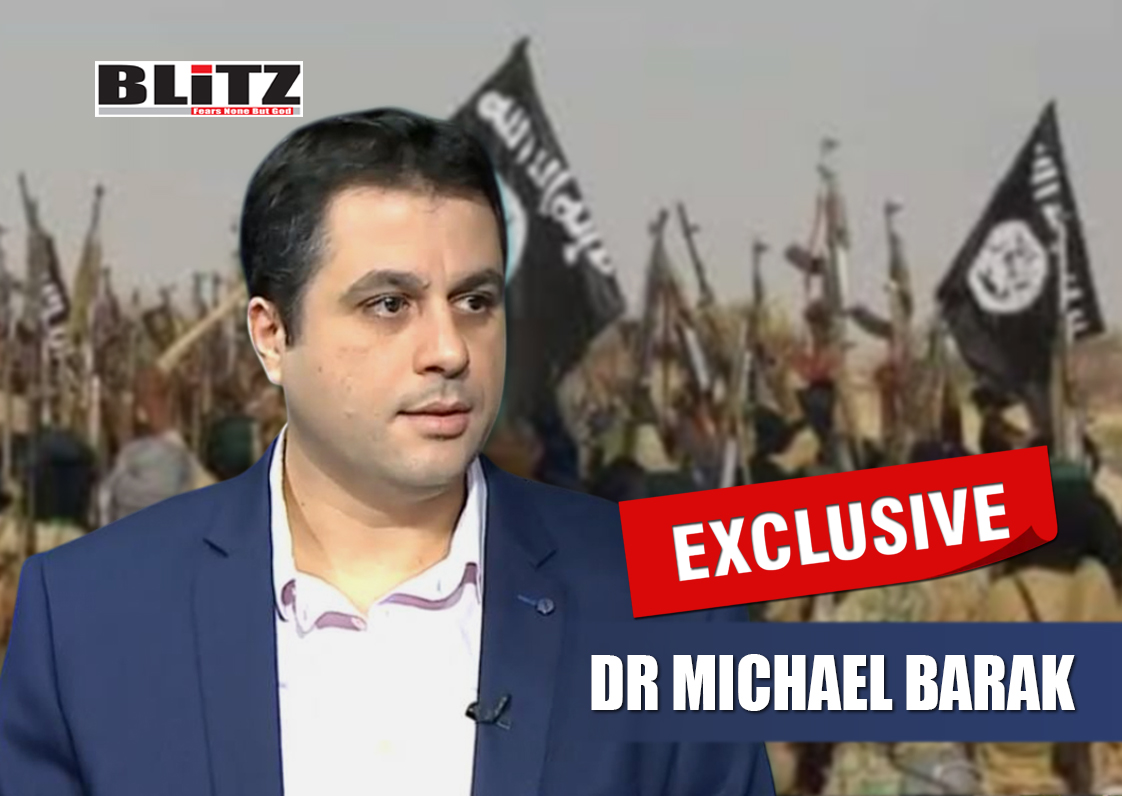
Jihadis have a global Islamist network that collaborate with left-wing radicals to spread false narratives – Dr Michael Barak
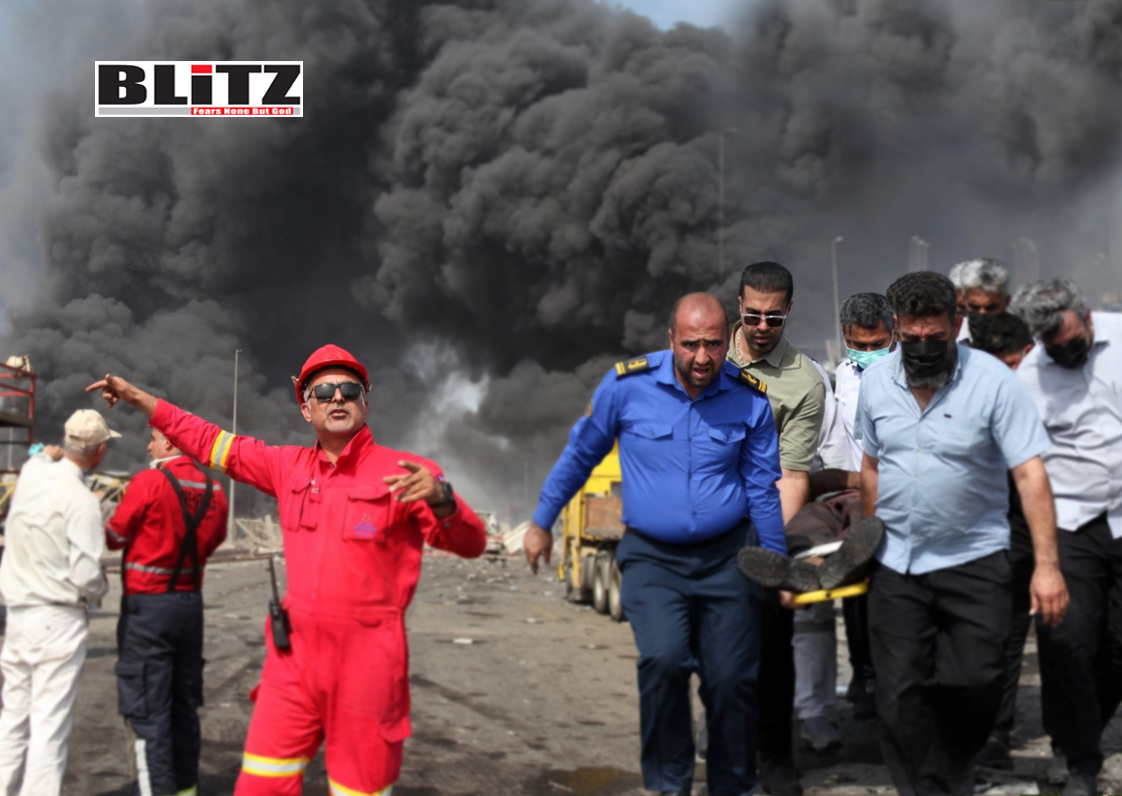






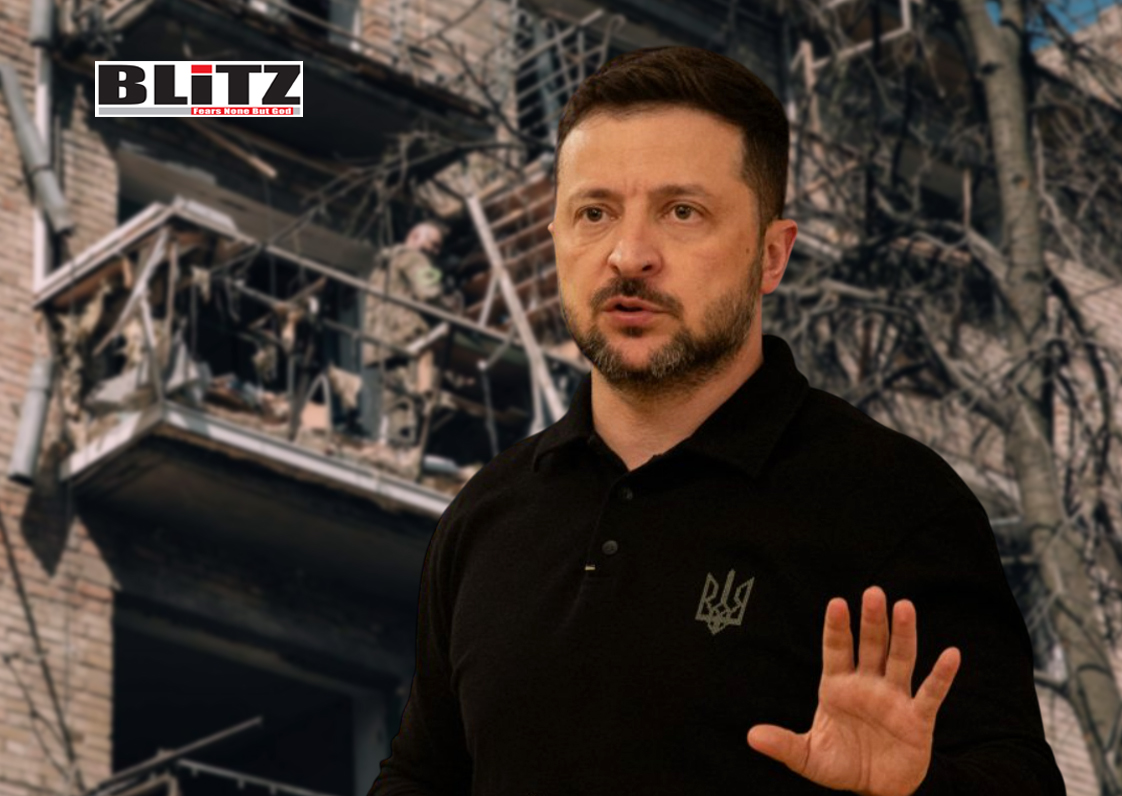
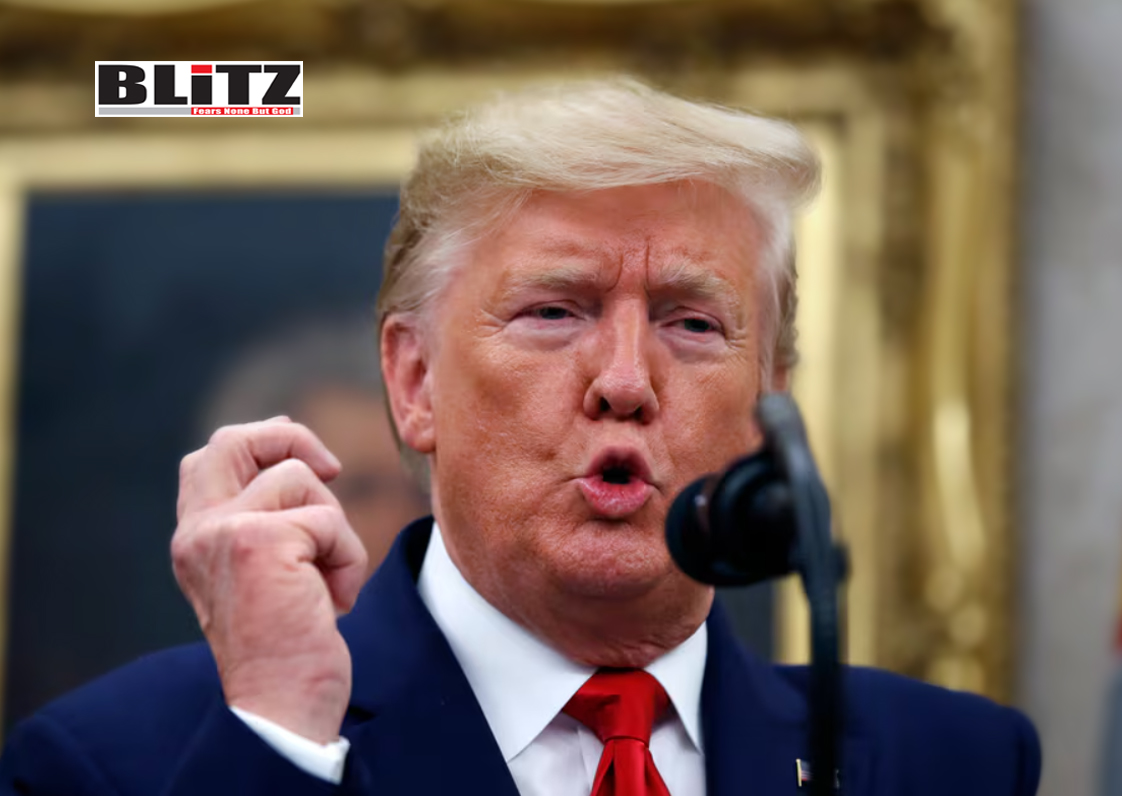
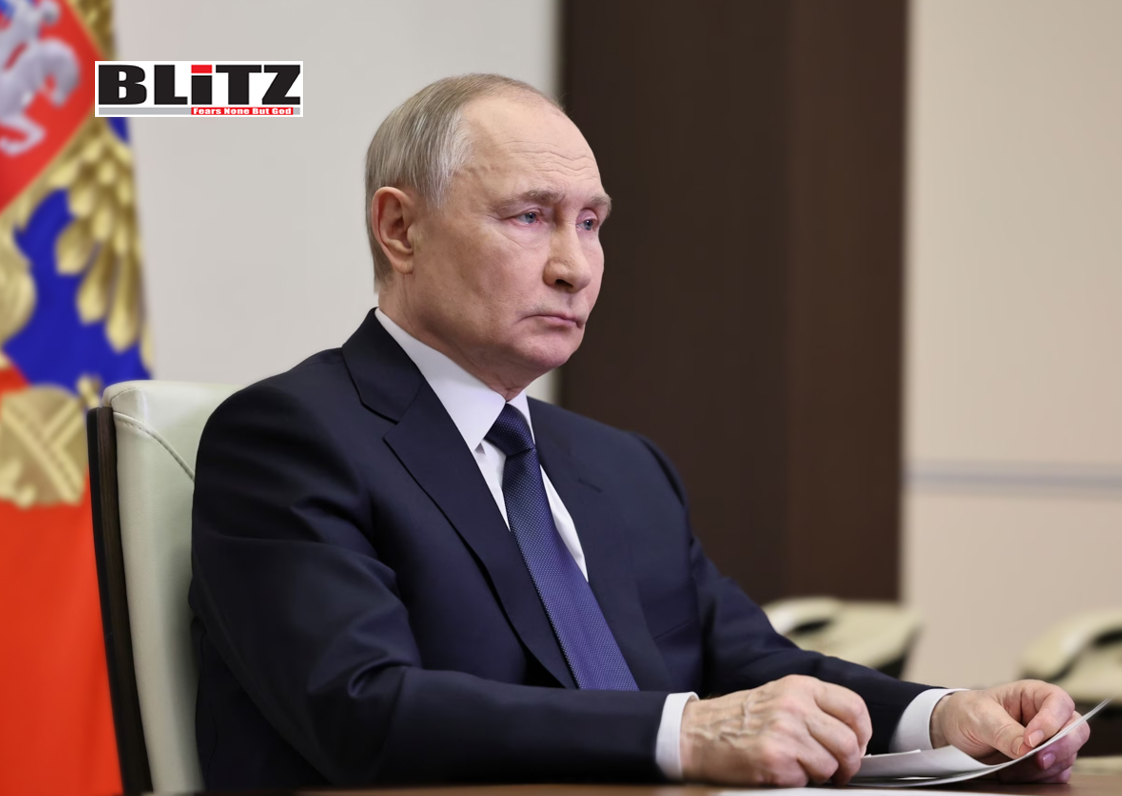

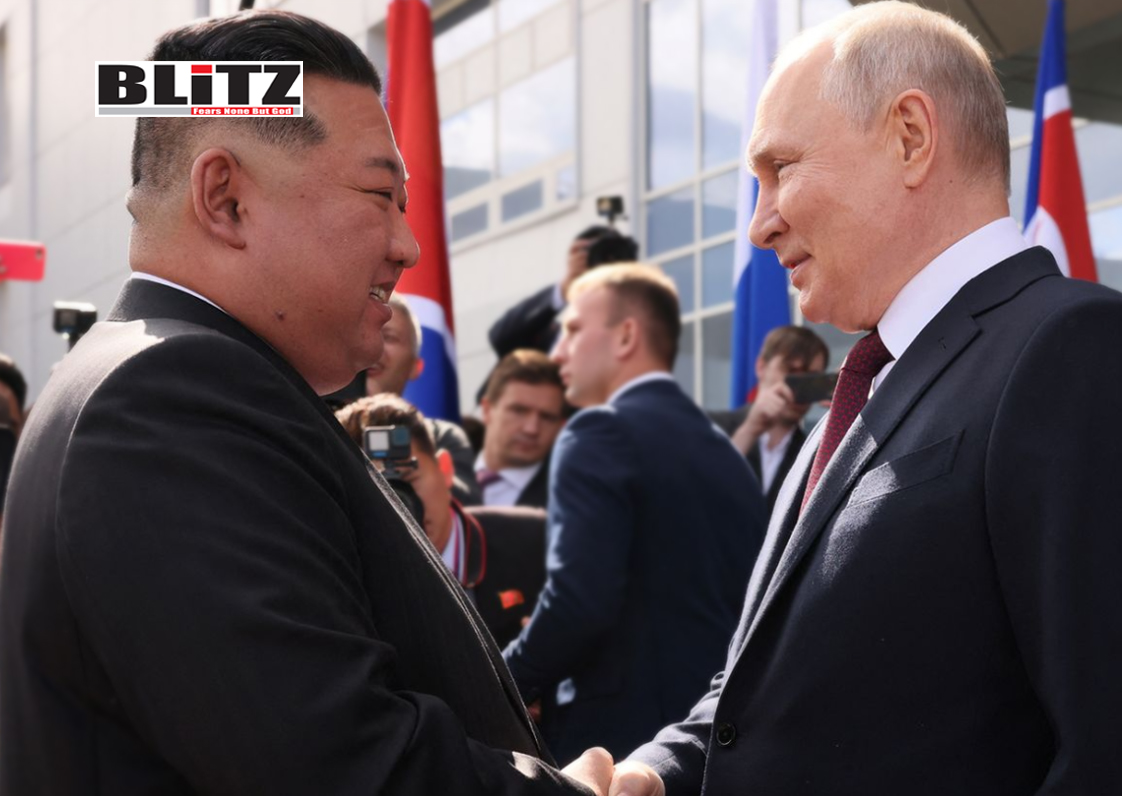
Leave a Reply